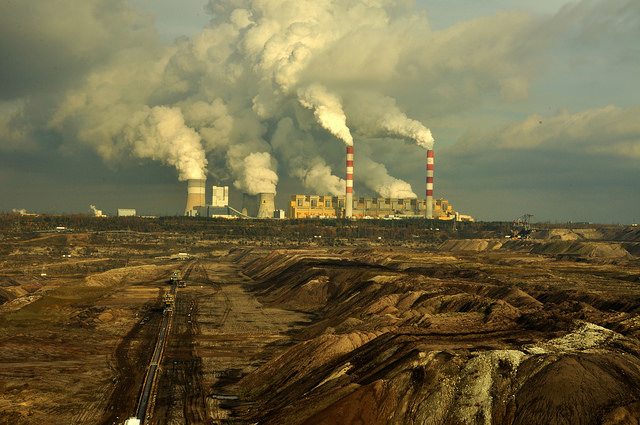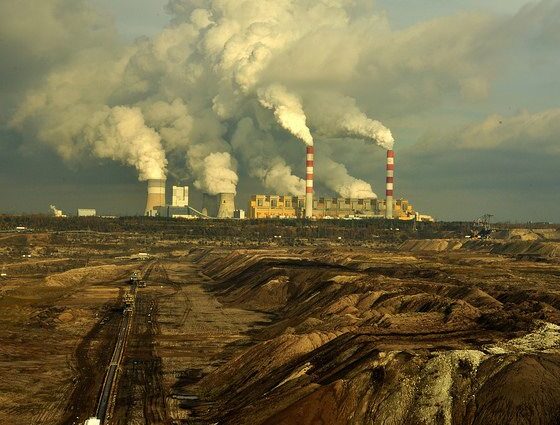

Invest
Investors asked to disclose climate change risks
Some 1,000 of the world’s largest asset owners have been asked to disclose how they are managing their exposure to climate change risks, as part of a major new survey.
Blue & Green Tomorrow is currently running a crowdfunder to ensure its survival. Please pledge.
After some high profile investors pledged to support the fight to curb climate change at a UN summit last week, the Asset Owners Disclosure Project (AODP) has issued its annual survey of more than 1,000 of the biggest funds.
These world-leading investors, including pension funds, insurance companies and sovereign wealth funds, are thought to manage assets of more than $52 trillion (£32tr).
However, the AODP warns that much of this wealth is invested unsustainably, in light of the urgent need for decarbonisation.
Fossil fuel firms, the biggest corporate contributor to rising global temperatures, remain a popular investment among such asset owners. Today, the average investment fund invests 50-60% of its money into high carbon assets and less than 2% in low carbon assets, AODP says.
Using the model pioneered by CDP, formerly the Carbon Disclosure Project, the AODP asks funds to disclose information relating not just to low-carbon investments, but also transparency, risk management, investment chain alignment, active ownership.
Last year’s survey found that only 27 of 460 investment funds were considering climate risks, but it is hoped that this year, following the New York summit, momentum will be building.
“This is the moment for asset owners to prove to beneficiaries and stakeholders that they are serious about the commitments made at the UN summit,” said AODP chief executive Julian Poulter.
“The gap between investor leaders and laggards on climate action is growing rapidly and the world needs to know how large investors are pricing portfolio risk.”
Though fossil fuel assets have traditionally been seen as a safe investment, evidence is mounting that this may not be the case.
Energy companies continue to search for new fossil fuels reserves, despite warnings that 80% of the reserves already identified must never be used if dangerous climate tipping points are to be avoided.
If policies are introduced to ensure that the majority of these reserves remain buried, the assets of fossil fuel firms would be severely devalued – becoming ‘stranded assets’ – according to the UK-based Carbon Tracker Initiative, a pioneer in the field.
Organisations such as AODP argue that by overlooking this risk, investment funds are failing to act responsibly.
One recent study estimated that the world’s biggest 20 oil projects are putting $91 billion (£54bn) of investors’ money at risk.
Photo: Greenpeace Polska via Flickr
Further reading:
Rockefellers amongst philanthropists committing to fossil fuel divestment
Major philanthropic foundations add backing to fossil fuel divestment drive
Majority of investors unaware of ‘foolhardy addiction’ to climate risks
Top 20 undeveloped oil projects will risk $91bn of investment































